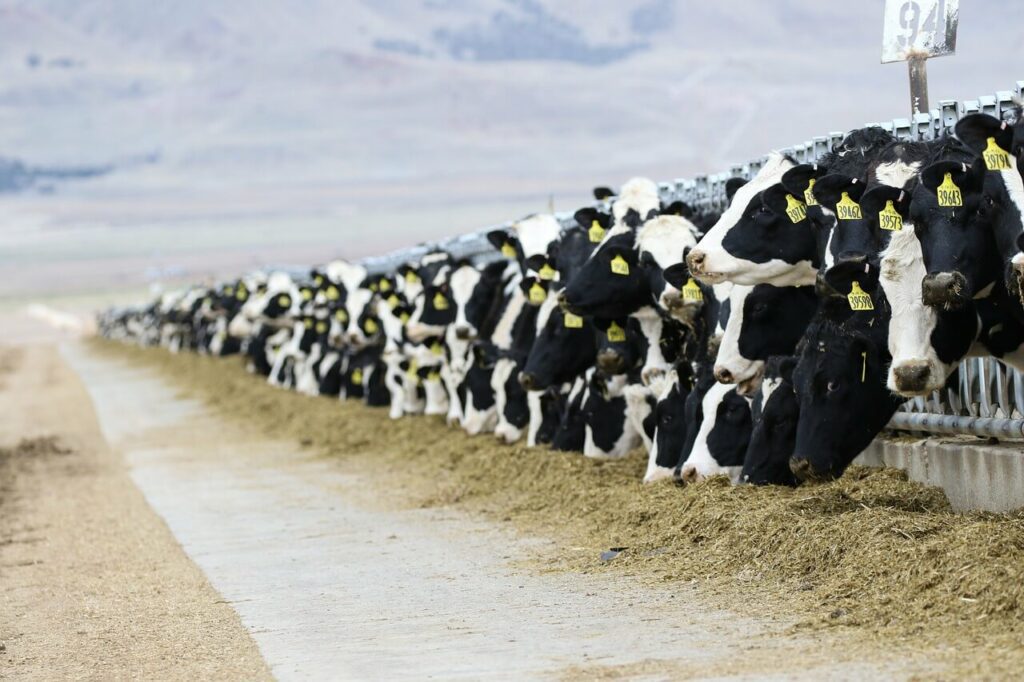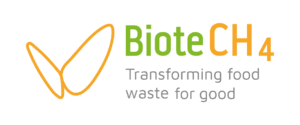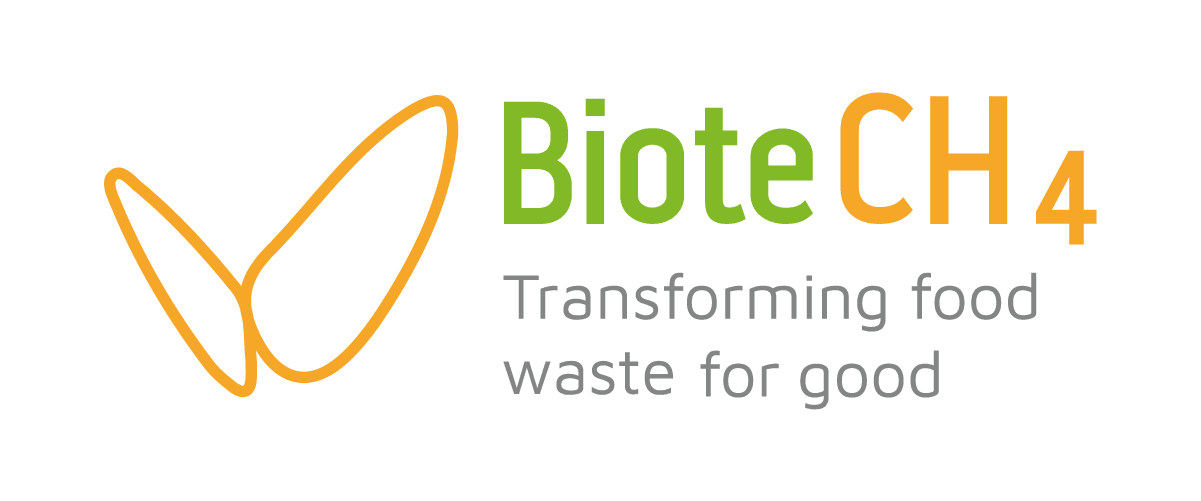What Is Anaerobic Digestion of Food Waste?
- Education
- -
Understanding the long term environmental and economic benefits of food waste recycling can deliver huge benefits to a business, the local environment and long-term sustainability.
So what is anaerobic digestion and how does it help to recycle large amounts of food and animal waste?
Key Points
- It is vital to understand what anaerobic digestion is and how it can help with food waste recycling
- There are multiple outcomes including biogas, electricity and biofertiliser
- The environmental and business benefits are huge
- It's important to know the regulations around certain items being anaerobically digested
What Is Anaerobic Digestion?
Anaerobic Digestion (AD) is a biological process that breaks down organic materials, such as food waste, in the absence of air. Unlike landfilling or incineration, AD is an environmentally friendly and sustainable method of recycling food waste. This process not only prevents harmful greenhouse gases escaping into the atmosphere from decomposing waste but also transforms it into valuable green energy and biofertiliser.
As one of the most effective solutions for food waste recycling, anaerobic digestion is supported by local, national, and government regulatory bodies as a key component of circular economy initiatives.
The Anaerobic Digestion Process
Once your food waste has been delivered to one of our 6 sites across the UK, it is tipped into a large pit in our reception hall where it is separated from any remaining packaging and mixed with other food waste to form a ‘liquid slurry’. This liquid slurry is then pumped into our hydrolysis tank initiating the first stage of the AD process.
Enzymatic Hydrolysis
In the hydrolysis tank, the slurry undergoes enzymatic hydrolysis, where larger molecules are broken down into smaller ones, for example complex carbohydrates break down into simple sugars, proteins are broken down into peptides and amino acids, whilst fats break down into glycerol and short fatty acids.
Pasteurisation
The liquid slurry is then pasteurised in one of our three pasteuriser tanks to 70 degrees C for an hour. In doing so, we ensure that any material entering the digester tanks is completely sterile and free of harmful pathogens. This is especially important for the biofertiliser we produce as part of the process, as it ensures it is safe to be spread, giving local farmers confidence in using the material on their crops.Acidogenesis
During the Acidogenesis (literally translated to ‘the birth of acids’) stage, these compounds are further transformed into volatile fatty acids. During this process, the available oxygen is used up, leaving an oxygen-free (or anaerobic) environment.Acetogenesis
The Acetogenesis stage sees the fatty acids broken down into acetates and hydrogen. However, the acetogenic bacteria cannot survive in a hydrogen-rich environment.
This is where the methanogenesis stage comes in.
Methanogenesis
The final stage, methanogenesis, converts the acetates and hydrogen into methane (CH4) and carbon dioxide (CO2). The gases rise to the surface and are captured in a gas storage system, while the remaining digestate is separated for use as biofertiliser.Transforming food waste into energy and biofertiliser
Anaerobic digestion of food waste has multiple outcomes that contribute towards sustainability:
- Biogas – The methane (CH4) generated during the process is purified to be utilised as biogas, and injected into the national gas grid.
- Electricity – Through combined heat and power (CHP) units, the methane is converted into electricity. The electricity produced is enough to power the entire anaerobic digestion process, with surplus electricity distributed to nearby businesses[SF1] . The CHP units also generate heat, which helps maintain the 70 degrees C needed in the pasteurisation tanks.
- Biofertiliser – The nutrient-rich digestate remaining at the end of the process is a great biofertiliser. Stored in covered lagoons, and distributed to local farmers during the spreading season, supporting sustainable agriculture.
The Advantages of Anaerobic Digestion
Environmental Benefits
- Lower Greenhouse Gas Emissions: By diverting food waste from landfills, anaerobic digestion prevents methane from being released into the atmosphere.
- Renewable Energy Generation: The process converts food waste into biogas, which can be injected into the national gas grid, or used to produce electricity and heat.
- Sustainable Agriculture: The nutrient-rich biofertiliser is known to improve soil health and reduces reliance on artificial fertilisers.
- Improved Waste Management : AD aligns with circular economy principles, ensuring food waste is repurposed rather than thrown away.
Business Benefits
- Regulatory Compliance: Using anaerobic digestion for food waste disposal ensures alignment with government waste management regulations.
- Cost Savings: Businesses benefit from reduced landfill tax expenses and lower operational costs associated with waste processing.
- Sustainability Credentials: Using anaerobic digestion enhances a business's environmental reputation and commitment to corporate social responsibility.
What materials can undergo the anaerobic digestion process?
Most organic waste can undergo anaerobic digestion, including:
- Municipal wastewater and wastewater solids
- Livestock waste/animal manure
- Agricultural waste
- Food waste
At BioteCH4 we deal with food waste which can include:
- Industrial food by-products
- Animal-by-products originally intended for human consumption
- Manufacturing food and drink processing waste
- Out of date food or unsellable food from supermarkets and shops
- Packaged food waste
- Restaurant waste, including fats, oils and greases
Regulations for food waste being anaerobically digested
- Category 1 (High Risk): Includes diseased animal carcasses, experimental animals, and international catering waste. These must be incinerated, as their risks cannot be mitigated through heat treatment.
- Category 2 (High Risk): Includes diseased abattoir animals, manure, and unhatched eggs. These can be used in anaerobic digestion after heat and pressure treatment (133°C, 3 bar, 20 minutes). Some, like manure, may not require sterilisation.
- Category 3 (Low Risk): Includes food of animal origin discarded for commercial reasons, domestic catering waste, eggs, shellfish, and non-diseased animal by-products. These can be used without sterilisation.
Anaerobic digestion sites must be approved to handle ABPs. At BioteCH4, we are category 3 registered but can also manage specific category 2 ABPs, such as contaminated milk waste.

Looking to Dispose of Commercial Food Waste?
If you want to learn more, or you have questions about food waste collection or anaerobic digestion, our team are ready to help. Contact us today to get started!



